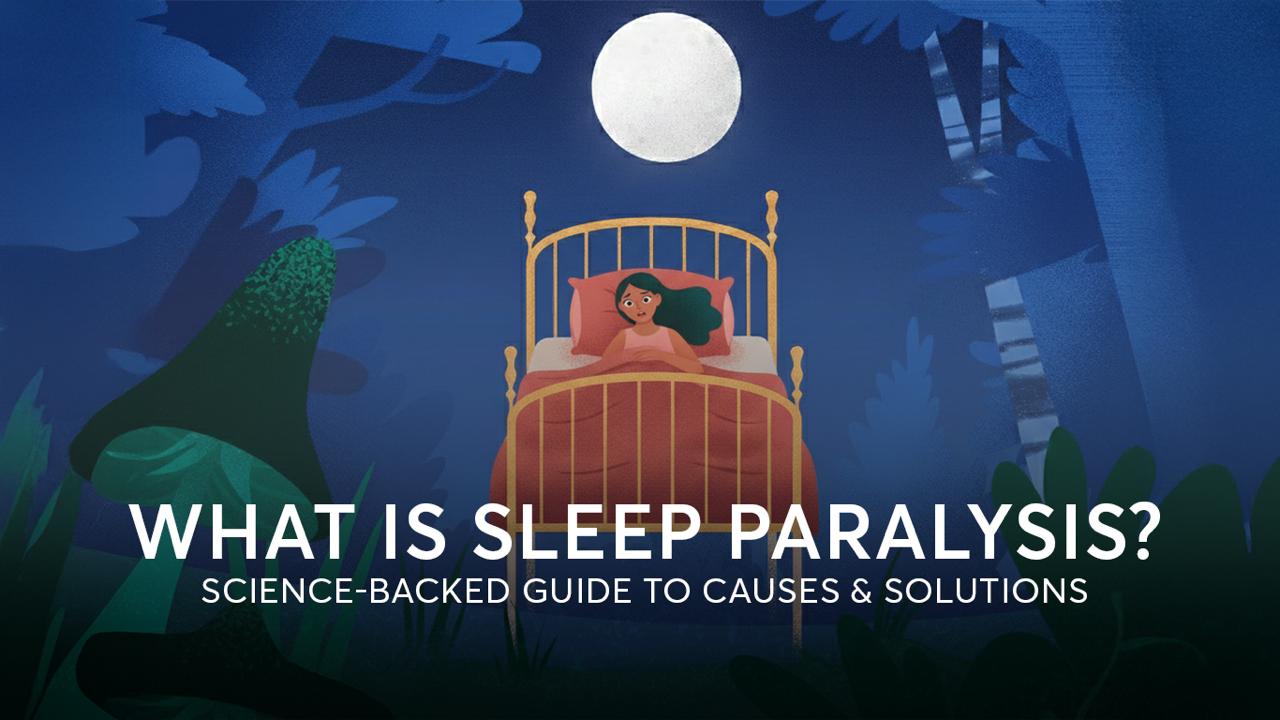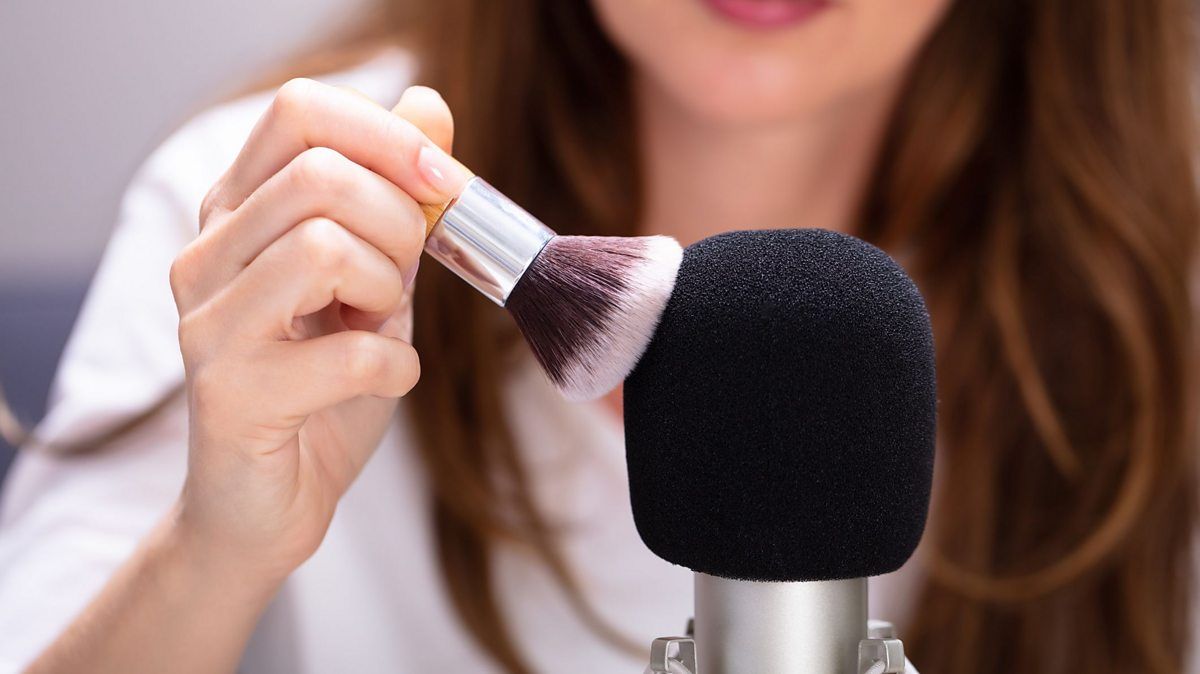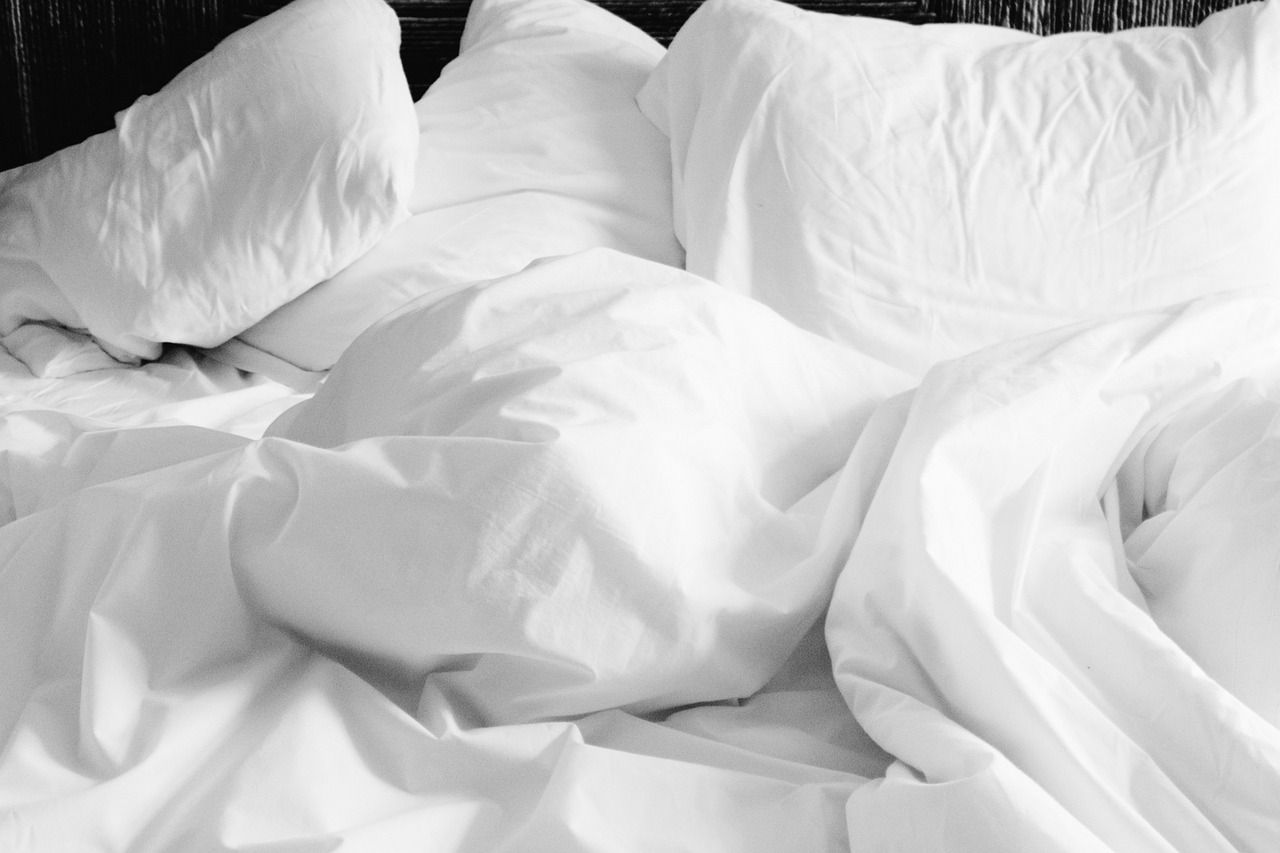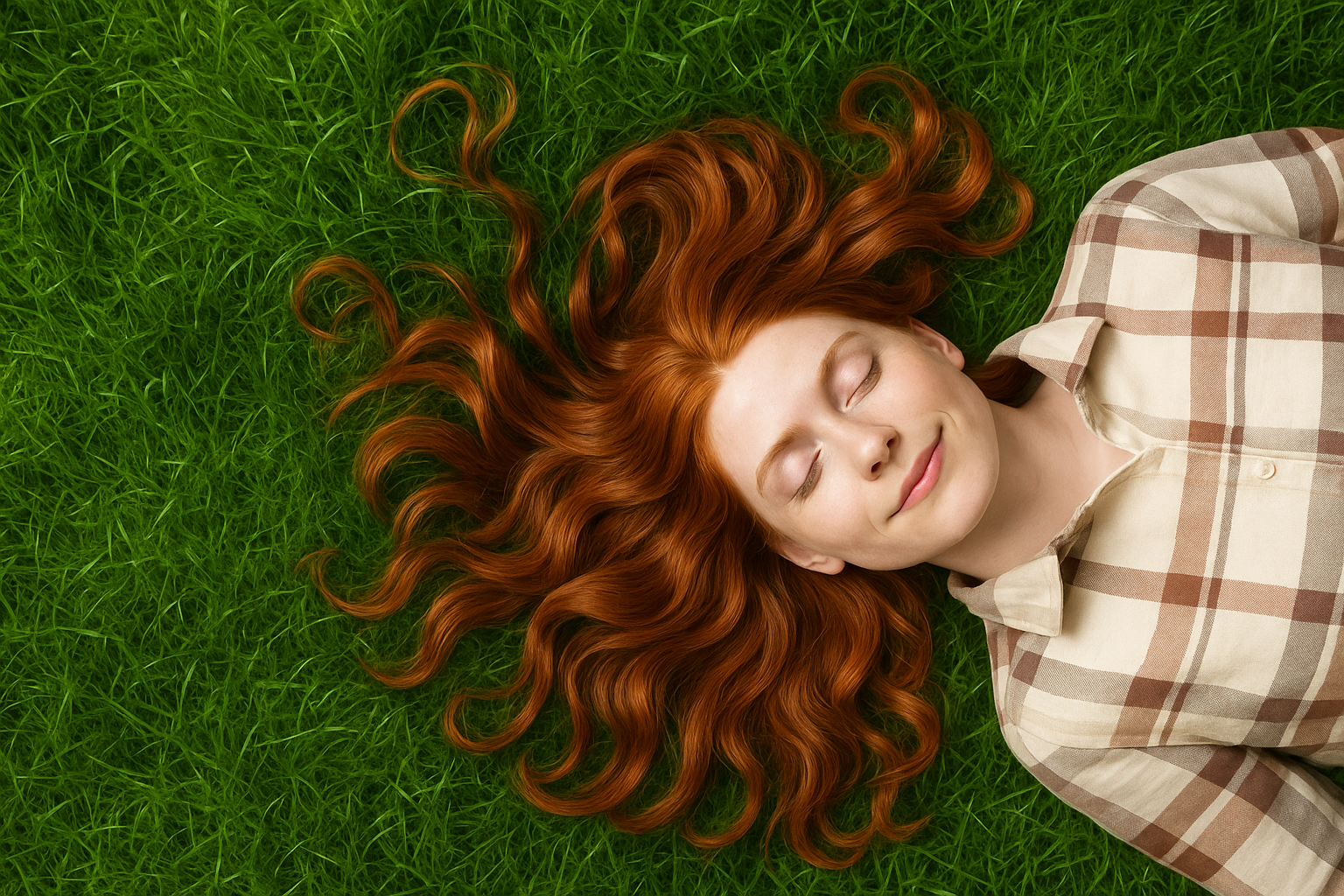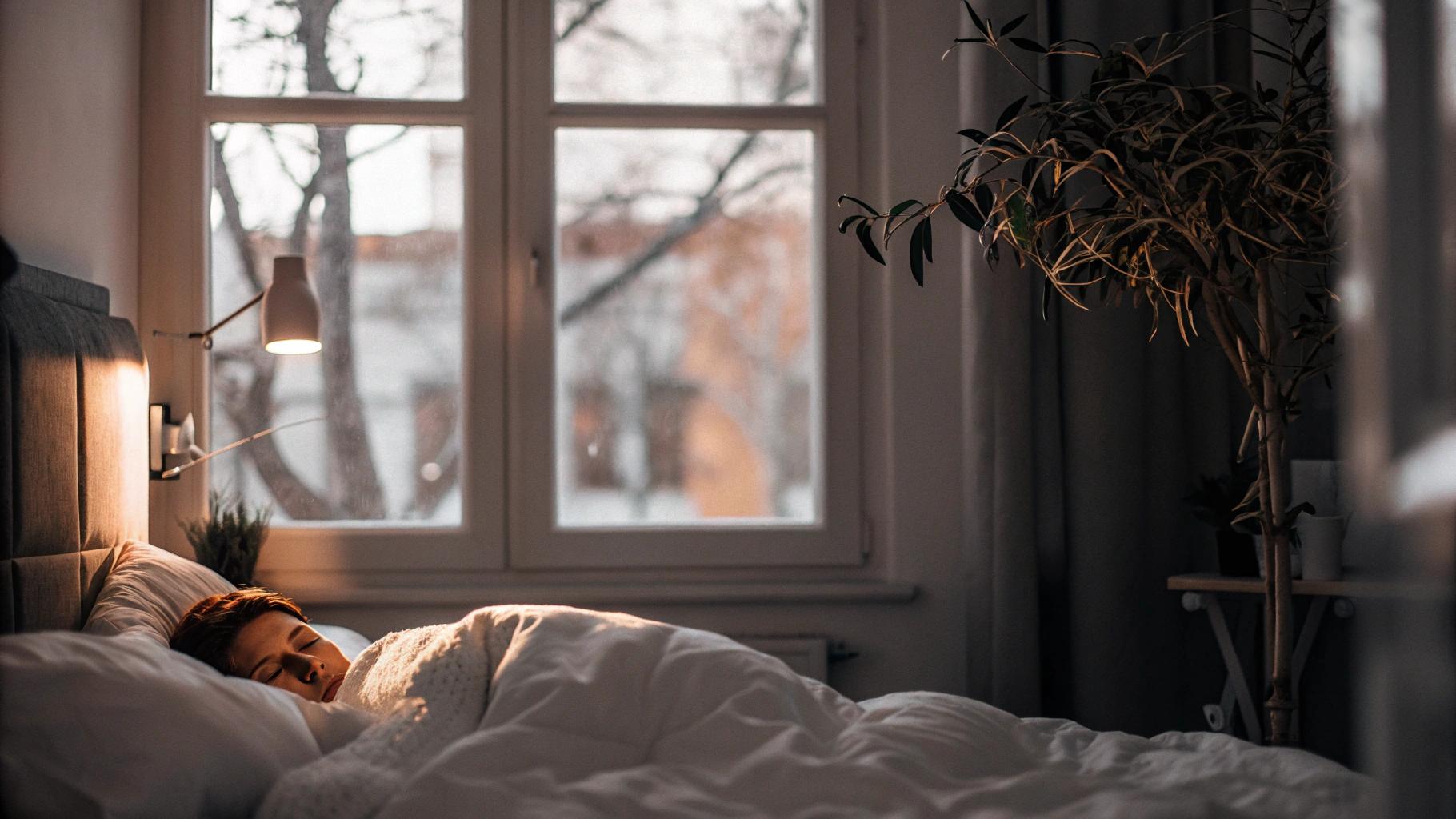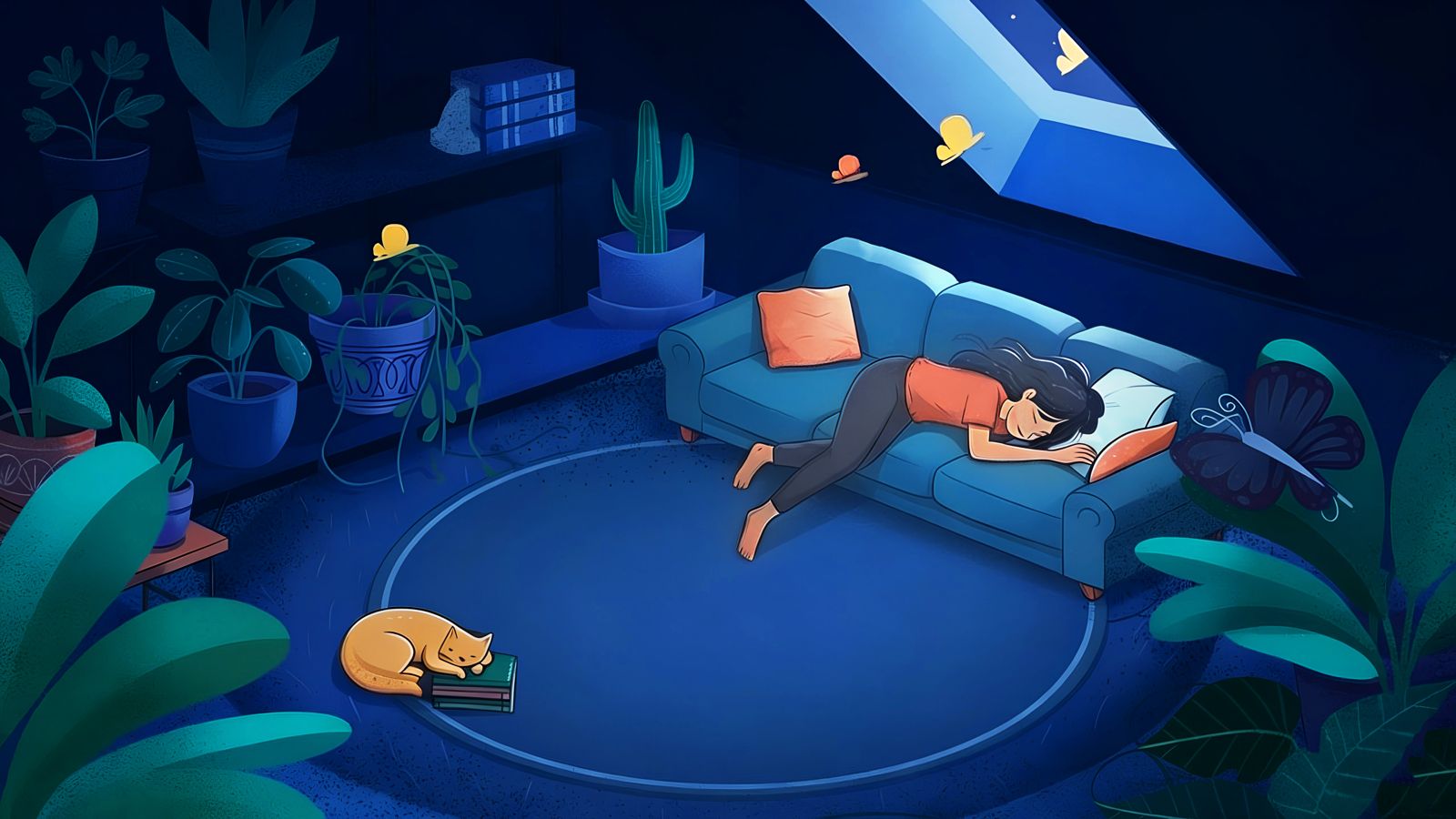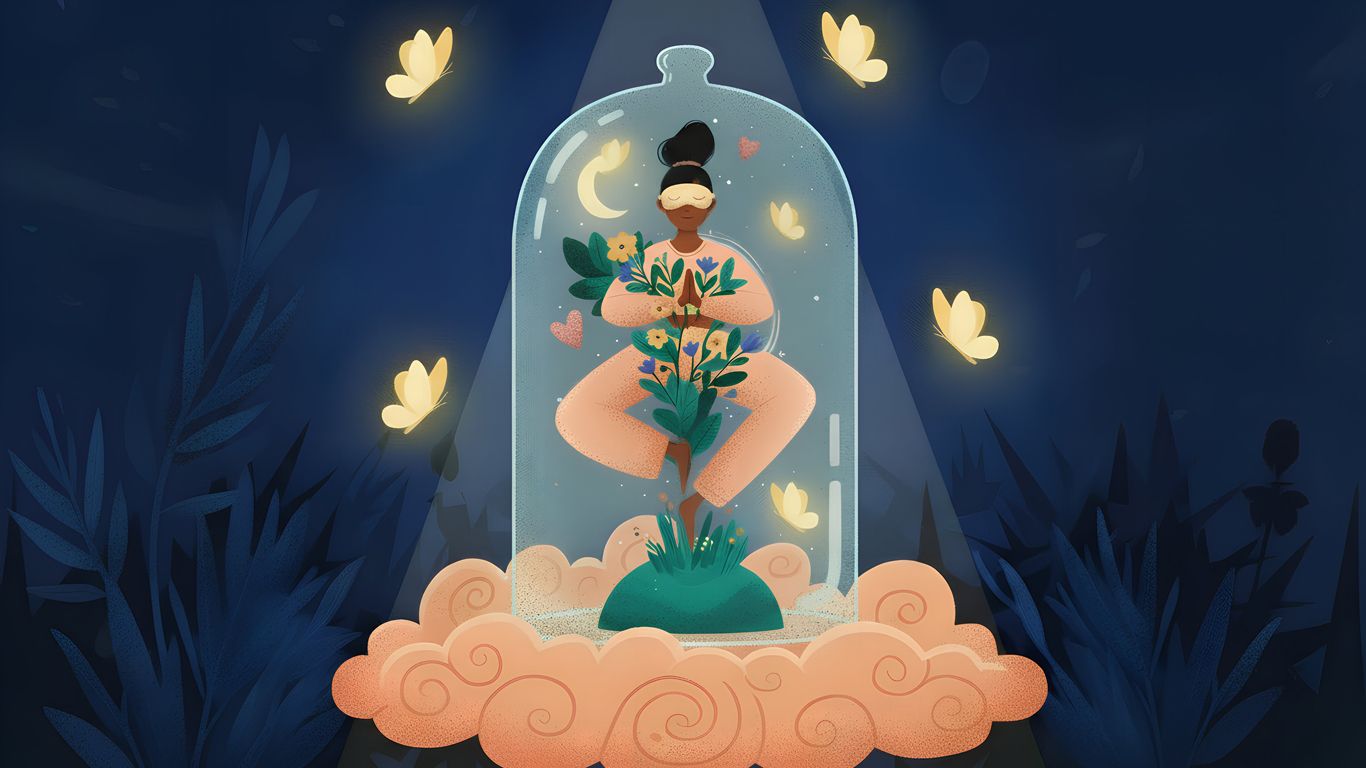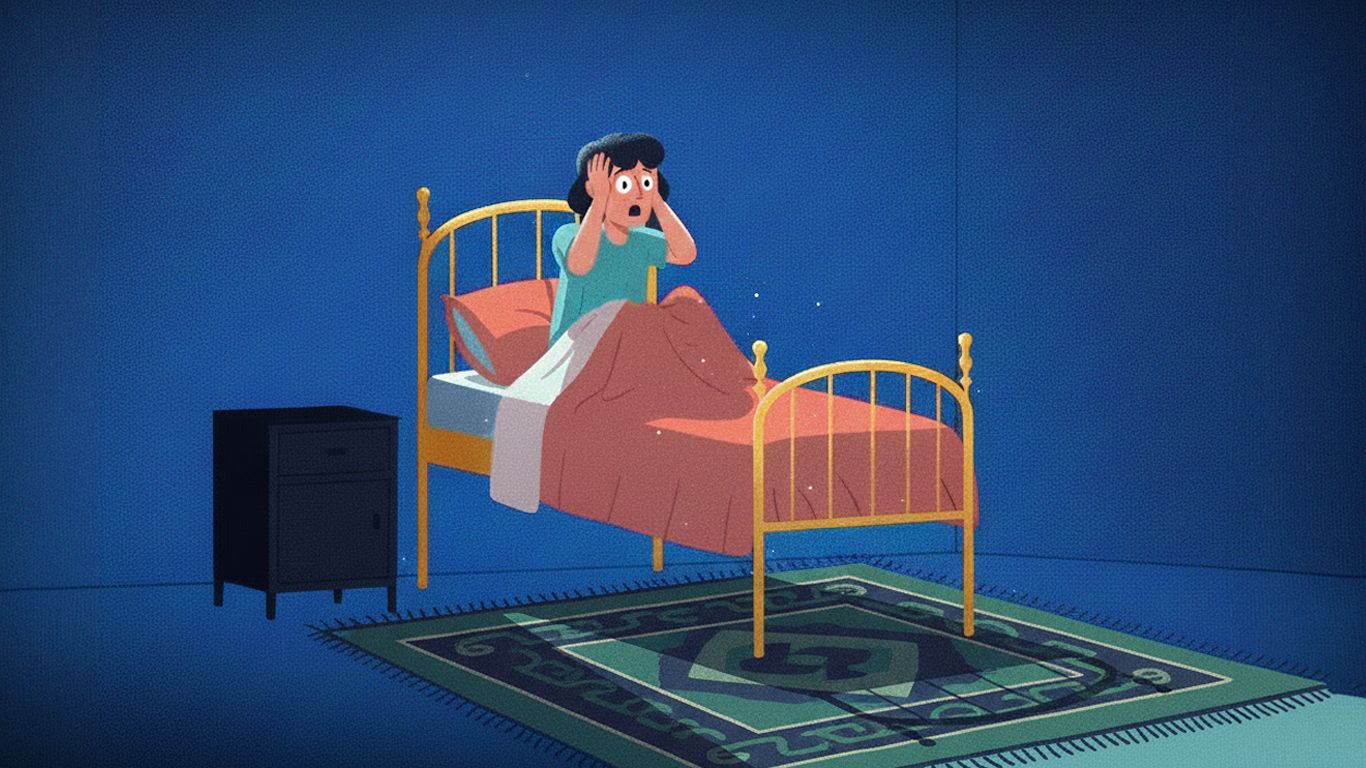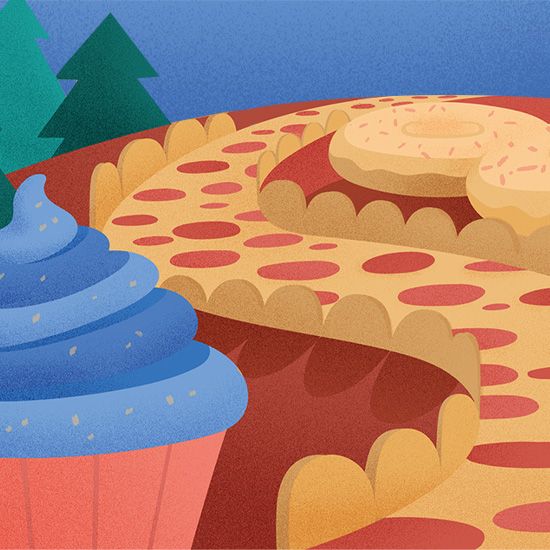
The Best Foods for Better Sleep
What you eat, as well as when and how much, has a big impact on sleep. Heavy meals can make you sleepy, while light meals help you stay more alert during the day. Too much food right before bed can keep you awake. But what about specific foods? It turns out that eating certain foods will actually help you sleep better.
How Food Affects Your Sleep
You have probably experienced the impact of food on your sleep at some point, and research studies have made some important connections between what we eat and how well we sleep. By looking at multiple studies on food and sleep, a group of researchers found several ways that diet contributes to better or worse rest:
- One study found that women who eat more sugar and carbohydrates have lower sleep quality than those that eat more fish and vegetables.
- Unsurprisingly, the study also showed that consumption of sugary and energy drinks negatively impacts sleep.
- Some studies showed that low protein intake, as low as 16% of daily calories, causes poor sleep, while high protein intake can interfere with maintaining sleep.
- Several studies point out that low-carbohydrate diets seem to contribute to poor sleep.
- The Mediterranean diet—vegetables, legumes, fish, minimal red meat—is associated with good sleep quality.
It’s also clear that eating larger meals later in the day, especially with a lot of fat, can interfere with falling asleep. Alcohol and caffeine also disrupt sleep.
The Best Foods to Help You Sleep
Scientists have investigated specific foods thought to improve sleep and have found that some foods really do have a positive impact. These foods can decrease the time it takes to fall asleep, improve sleep efficiency, and reduce the number of times you wake up in the night:
- Kiwi. A study that worked with men with sleep disorders gave them two kiwi fruits an hour before bed each night for four weeks. The men saw significant improvements in sleep.
- Tart cherry juice. Another study gave participants with insomnia eight ounces of tart cherry juice in the morning and at bedtime. They had major improvements in insomnia symptoms.
- Almonds. Studies on the effects of almonds on sleep are limited, but they supply a good amount of magnesium. Most people do not get enough magnesium, a mineral that promotes sleep.
- Carbohydrates. Don’t overeat before bed, but a light dinner higher in carbs may help. Studies indicate foods that increase blood sugar, such as white bread or rice, about an hour before dinner improve sleep quality.


Plants and Herbs for Sleep
Certain plants and herbs can also help you sleep better. Always talk with your doctor before trying a medicinal herb or supplement:
- Chamomile. Try chamomile tea in the evenings. Studies have shown that daily consumption can help you fall asleep faster and wake less often.
- Passionflower. Passionflower tea has been studied for managing anxiety, which may be one reason it can help you sleep better. It increases GABA, the brain chemical that inhibits stress.
- Valerian. Valerian root has long been used to ease anxiety and to promote sleep. You can get it in herbal supplement form or as a tea.
How you eat, and what you eat, makes a difference when it comes to sleep. Experiment with what works best for you, and try some of these tested foods as a pre-bed snack.
